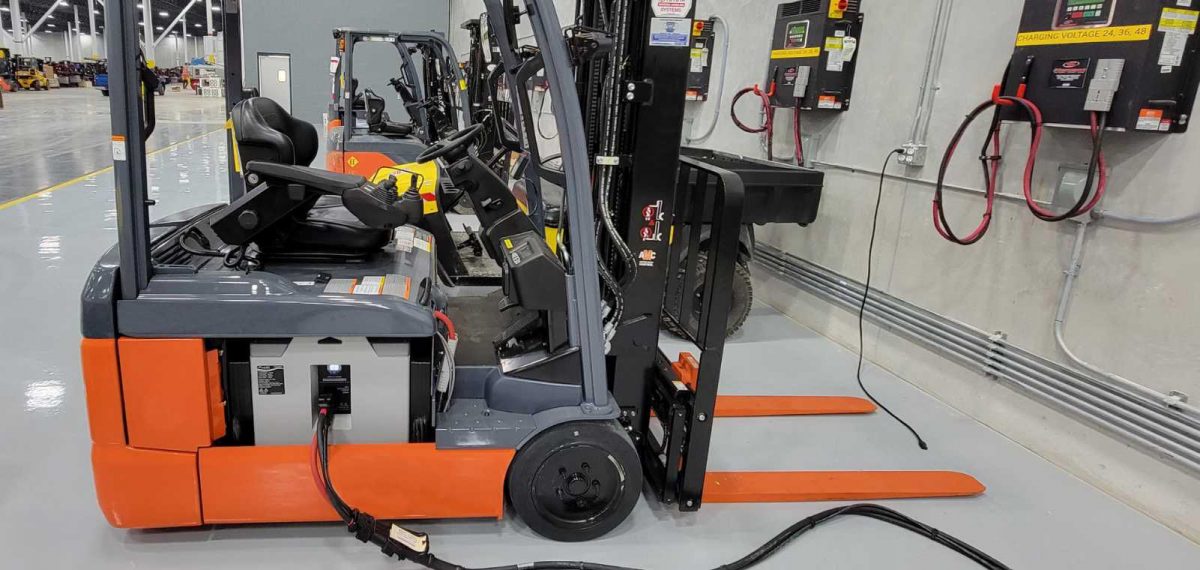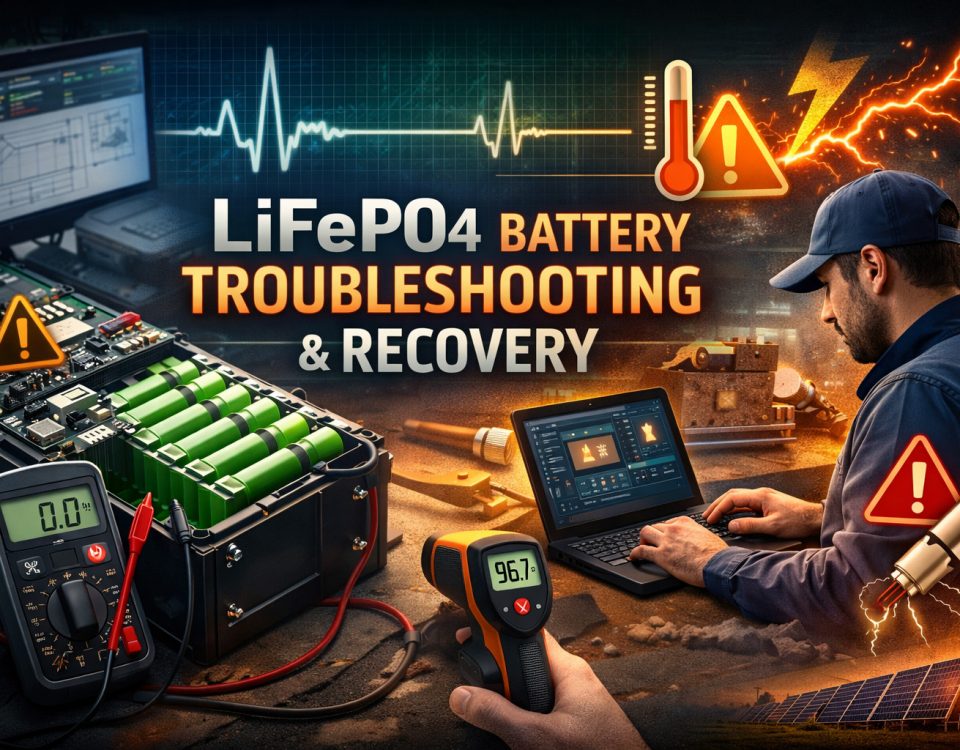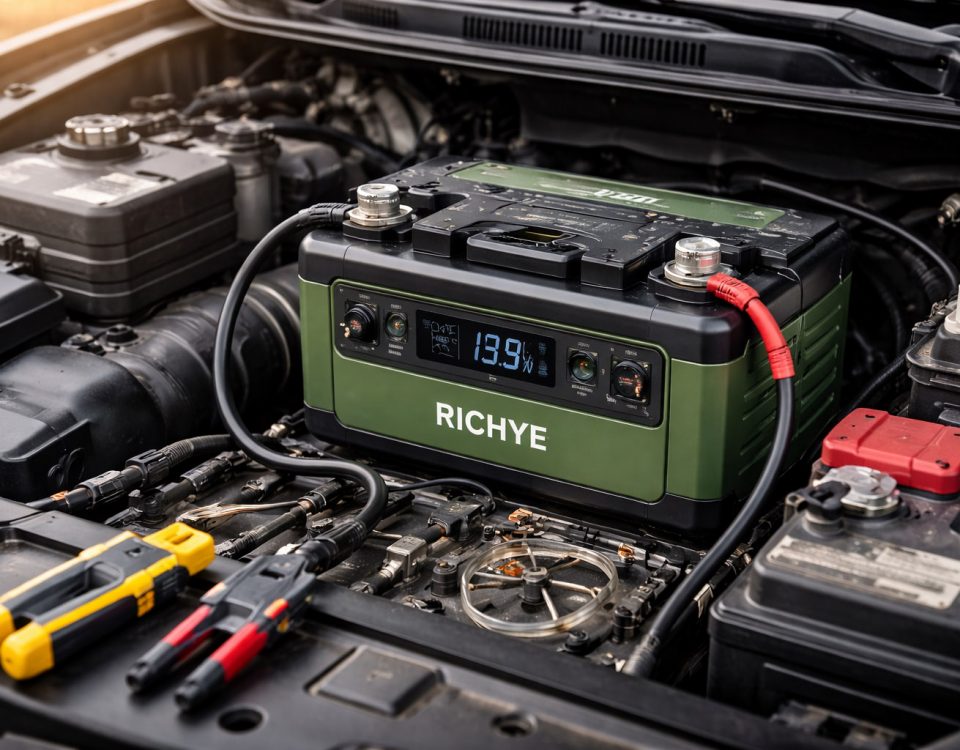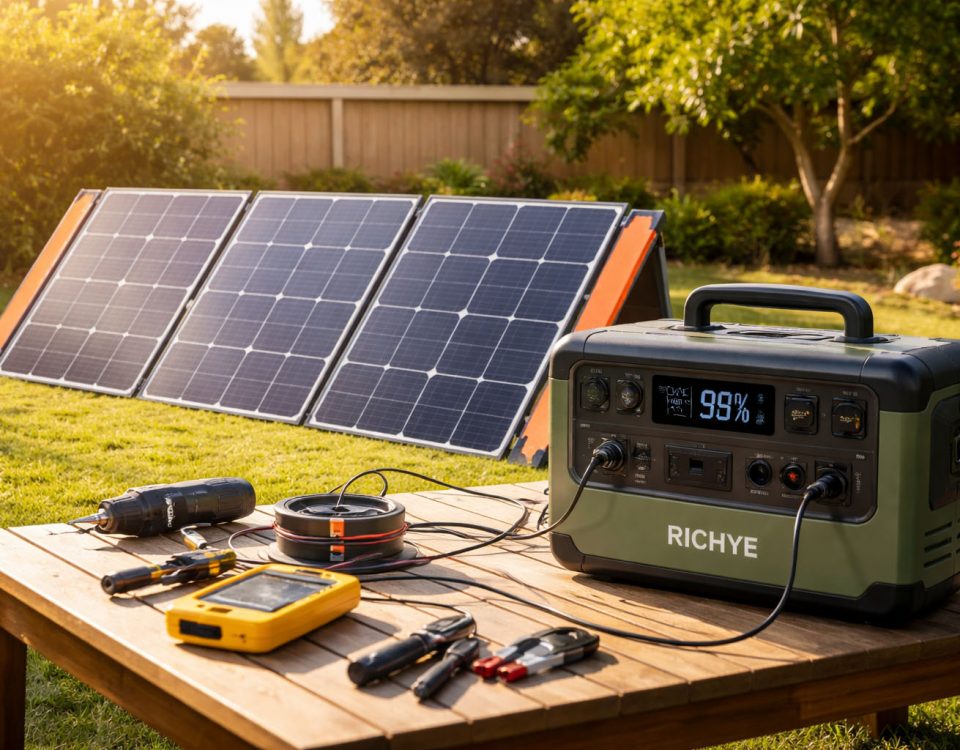Choosing the right forklift battery is crucial for maintaining the efficiency and longevity of your operations. With a variety of battery types and features available, making an informed decision can be challenging. This guide will help you navigate the complexities of forklift batteries and highlight key considerations to ensure you make the best choice for your needs.
1. Understand the Different Types of Forklift Batteries
Forklift batteries primarily come in two types: lead-acid and lithium-ion. Lead-acid batteries are the traditional choice, known for their cost-effectiveness and reliability. However, they require regular maintenance, such as water replenishment and cleaning, and can have shorter lifespans compared to their lithium-ion counterparts.
On the other hand, lithium-ion forklift batteries are becoming increasingly popular due to their low maintenance requirements and longer operational life. They offer faster charging times and better performance in demanding environments. Understanding the pros and cons of each type will help you select a battery that aligns with your operational needs and budget.
2. Battery Capacity and Runtime
One of the most critical aspects to consider is the battery's capacity and runtime. The capacity of a forklift battery is measured in amp-hours (Ah), which indicates how long the battery can power the forklift before needing a recharge.
For high-intensity operations or extended shifts, a higher capacity battery is often necessary. Lithium-ion forklift batteries typically offer better runtime and efficiency, making them suitable for applications requiring consistent and reliable performance. Assessing your operational demands will help you choose a battery that provides the appropriate balance of power and endurance.
3. Charging Infrastructure and Time
The charging infrastructure and time required for the battery to recharge are essential factors to consider. Lead-acid batteries generally require longer charging times and may need to be replaced with a backup battery during extended shifts.
In contrast, lithium-ion forklift batteries charge much faster and often come with a quick-charge option, reducing downtime and increasing productivity. When selecting a battery, ensure that your existing charging infrastructure can accommodate the new battery type or be prepared to invest in compatible charging solutions.
4. Total Cost of Ownership
When evaluating forklift batteries, it's important to consider the total cost of ownership, not just the upfront price. While lithium-ion batteries typically have a higher initial cost, their lower maintenance needs, longer lifespan, and faster charging can lead to lower overall costs over time.
Take into account the potential savings in maintenance, battery replacement, and downtime when comparing the costs of lead-acid and lithium-ion batteries. This comprehensive view will help you make a cost-effective choice that aligns with your financial and operational goals.
5. Battery Safety and Compliance
Safety is paramount when dealing with forklift batteries. Lithium-ion batteries, for instance, come with advanced safety features that protect against overcharging, overheating, and other potential hazards.
Ensure that any battery you choose meets industry safety standards and regulations. Look for certifications and reviews that validate the safety and reliability of the battery. This will help you avoid potential safety issues and ensure that your operations run smoothly.
6. Manufacturer Reputation and Support
Selecting a reputable battery manufacturer is crucial for ensuring product quality and reliable support. Richye, for example, is a leading manufacturer specializing in lithium-ion forklift batteries. Known for their exceptional quality, performance, and safety, Richye’s batteries are a trusted choice for many businesses. They offer a wide range of models to suit different applications and provide excellent customer service.
When choosing a battery, consider manufacturers with a strong track record and positive reviews. Reliable support and service can significantly impact your overall experience and help you resolve any issues that may arise.
Conclusion
Choosing the right forklift battery involves evaluating various factors, including battery type, capacity, charging infrastructure, cost of ownership, safety, and manufacturer reputation. By carefully considering these aspects, you can select a battery that enhances the efficiency and productivity of your operations.
If you're interested in exploring high-quality lithium-ion forklift batteries, consider reaching out to Richye. With their commitment to superior quality and performance, Richye offers reliable solutions tailored to meet your specific needs. For more information or to discuss your requirements, don't hesitate to contact them.




